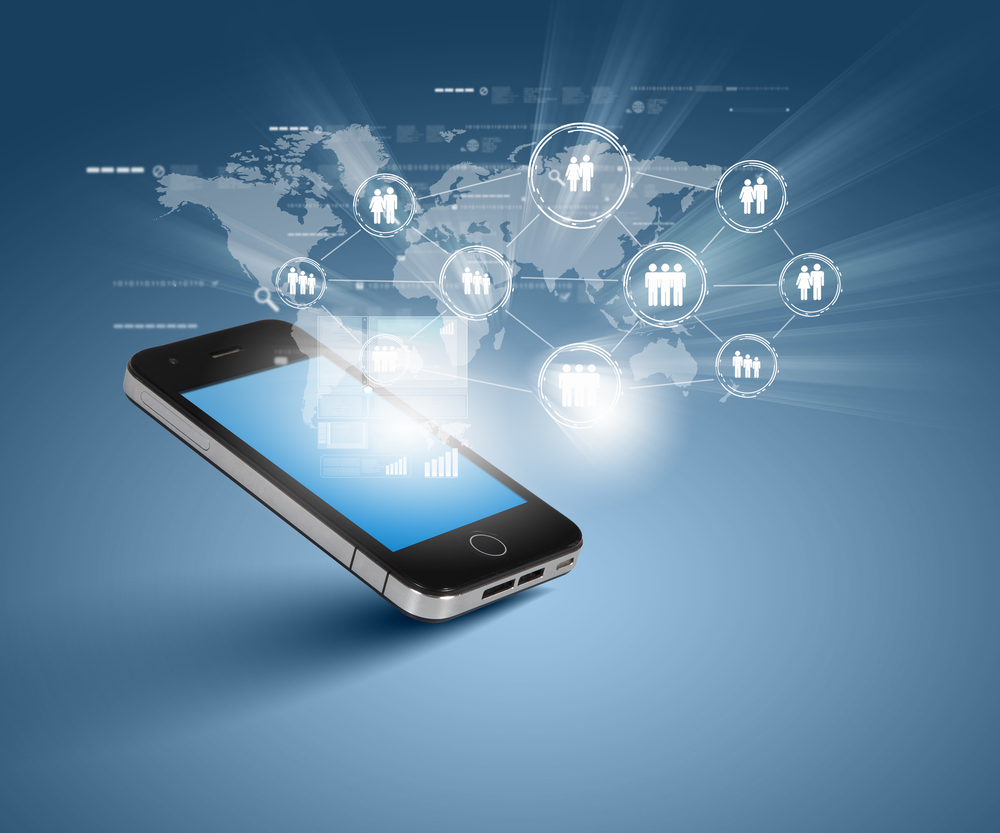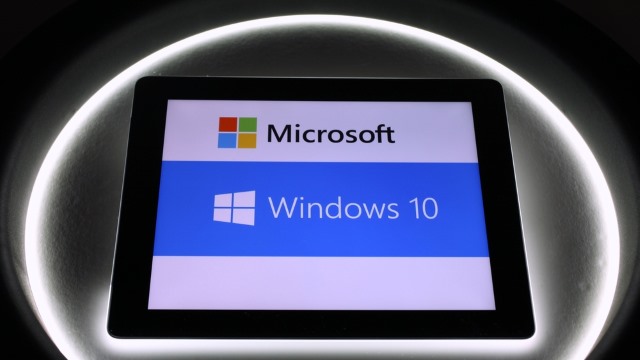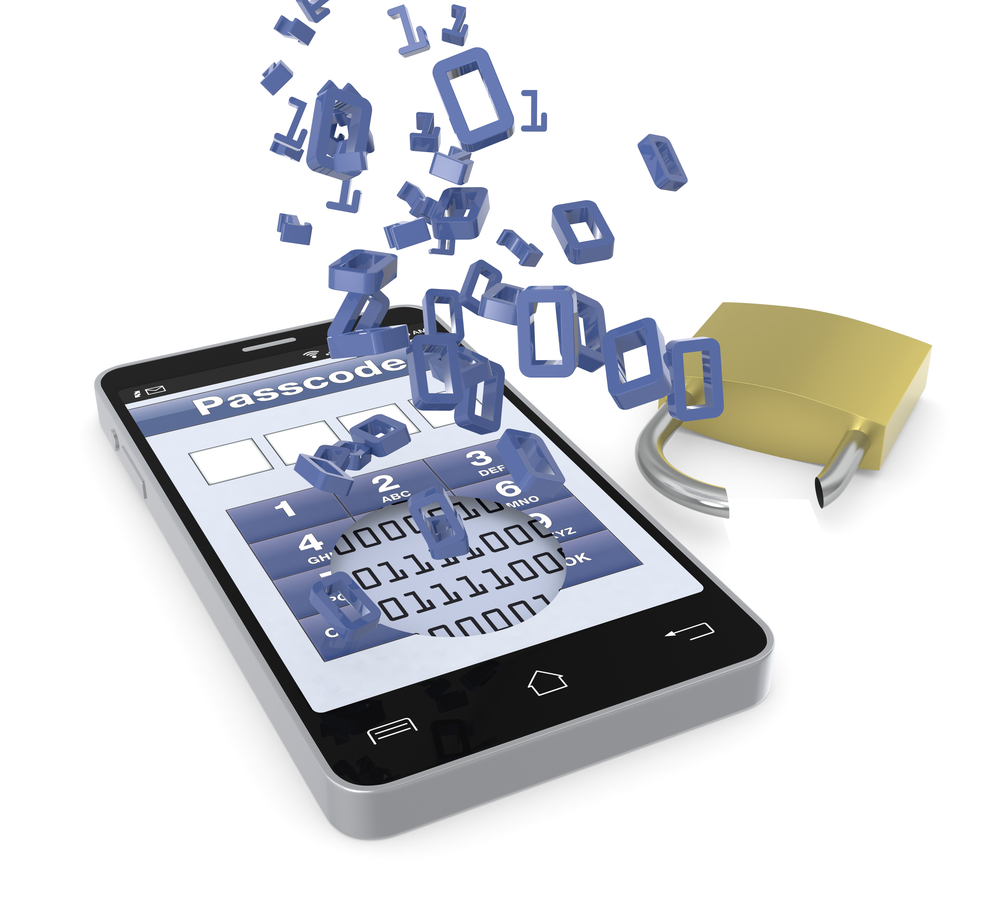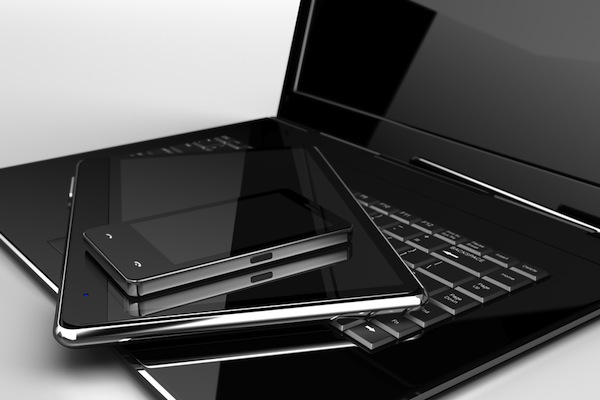
Off-the-shelf BYOD systems bring privacy and security risks
When companies allow staff to use their own systems to access corporate data, the devices used can often be outside of IT department control.
But how much of a security and privacy hazard is presented by a new off-the-shelf laptop? Security company Duo Labs set out to discover the risks by buying a number of OEM Windows 10 machines in the US, Canada and the UK and testing them for vulnerabilities.

How to improve security in a BYOD enterprise environment
For most of us, our mobile and personal devices have become extensions of our lives and even bodies. Most of us carry our smartphones with us all the time, and when we can’t find them, we feel lost.
We are essentially always on, always connected to the Internet. This notion of anytime, anywhere access has extended not only to our personal lives but also our professional.

Dating apps -- the good the bad and the ugly
It's coming up to Valentine's Day, so inevitably the IT industry turns its thoughts towards dating apps. Two new reports show that the apps may not be living up to expectations, and that users of them could be revealing more than they intend to.
New research from app quality researcher Applause shows that consumers are more dissatisfied with dating apps than any other type.

Addressing new challenges in enterprise mobile management [Q&A]
Although many enterprises are keen to deploy mobile apps for their workforce and to support BYOD and extended working, they've often been held back by traditional app distribution options. Historically this has required IT organizations to bring devices under management -- for corporate owner, corporate liable, and BYOD devices -- which can put a brake on enterprise mobile app deployments.
To find out how new approaches can allow data to be secured at the app level, we spoke to Mark Lorion, Chief Product and Marketing Officer at mobile app management and security company, Apperian.

How to securely manage the Windows 10 devices in your network
Microsoft’s decision to make Windows 10 a free upgrade means that, according to industry analysts, more than 350 million Windows machines are expected to be on Windows 10 within the next 12 months. This can create a huge gap between enterprise IT teams and employee devices.
While "free" has accelerated the adoption of Windows 10, what truly sets this release apart from others is that Microsoft plans to expand Windows 10 to an unlimited number of devices via the Internet of Things (IoT). IoT is becoming an increasing topic of conversation both in and outside of the workplace, in particular in discussions around how to secure these connected devices.

Five best practices for securing mobile devices and everything they touch
In the span of just one year from 2012 to 2013, smartphone thefts in the U.S. nearly doubled to 3.1 million, and another 1.4 million were lost, according to Consumer Reports. For businesses and other organizations, every one of those losses and thefts could enable multiple security breaches. That’s because confidential data stored on the phone isn’t the only asset that’s vulnerable. As a trusted device, that phone also has access to corporate networks and the data stored on them.
More than half of North American and European companies are developing a bring-your-own-device (BYOD) policy, Forrester Research says. These policies implicate security risks because, for example, employees are reluctant to give their IT departments the power to remotely erase their smartphone or tablet when it’s lost, stolen, or the employee separates from the company. Part of employees’ fear is that the device will be wiped by mistake, costing them irreplaceable personal data such as photos.

The future for enterprise mobility [Q&A]
The shift towards mobile computing and BYOD has been the big story in enterprise IT over the past couple of years.
But has the trend towards mobile peaked? Can we expect BYOD to move into smaller organizations and what effect will legal and regulatory frameworks have? We spoke to Gary Greenbaum, CEO of BYOD billing specialist Syntonic to find out.

How to protect your network in the BYOD era
The consumerization of business technology is picking-up speed. This trend towards the introduction of consumer technology within the corporate environment for the use of work activities is best reflected in policies like Bring Your Own Device (BYOD).
These policies have become prevalent in most corporate environments, and have kept many network administrators awake at night worried about the potential data breaches that could occur.

FireLayers and Check Point bring security to enterprise cloud apps
As more employees use their personal devices for business, corporate data is increasingly put at risk from sophisticated malware.
To foil these attacks, real-time protection company FireLayers and security specialist Check Point Software Technologies today announced their joint Extend Perimeter Security solution, which spreads security to cloud applications and provides enterprises with protection from zero-day threats and malware distribution.

Travel tips for mobile employees
Long days, warm weather, the lure of travel, if only to a nearby park or beach -- many employees, naturally, are thinking of escaping the office for time away.
For the past year, since the passage of home working legislation in the UK, employees who have been on the job at least 26 weeks have had the right to request flexible working hours.

Summing up BYOD advantages, disadvantages and alternatives
Bring your own device, or BYOD, is certainly something that businesses can no longer afford to ignore. By 2017, Gartner predicts that half of all employers will require staff to provide their own work devices.
But before organizations ultimately decide to embrace or reject BYOD, they must be aware of the advantages and disadvantages at the heart of this mobile dilemma.

Syntonic launches BYOD billing management for smaller businesses
The rise of BYOD offers businesses improved flexibility and employee productivity, but those things come at a price. BYOD can lead to extra costs such as needing to reimburse staff for air time.
Mobile platform provider Syntonic is launching DataFlex, an operator-independent split billing solution designed to cost-effectively deploy, operate, and manage BYOD usage for businesses of any size.

Bring Your Own Device and Windows 10
Over the last decade and particularly in the tablet age, business and academic organizations have slowly transitioned to a Bring Your Own Device (BYOD) model, where employees/students buy their own IT and then link it to the network. This has never been a security friendly way of doing things but the cost benefits have usually won the day. With Windows 10, this may well change
We have all been reading the stories about the new End User License Agreement (EULA) in W10 that gives Microsoft the right to view huge reams of your personal information, including information in private folders. This may be a non-event for some home users but in an age of BYOD, where company and academic data may be copied or synchronized onto private IT, it should be seriously considered as a business threat. I have no doubt that Enterprise licenses will be locked down fairly tight but a BYOD is not an Enterprise license.

In BYOD companies trust -- or should they?
Running a business in today’s digitally-driven world means that most, if not all, of your employees will be using their own personal mobile devices to send and receive work emails, logging into the company’s intranet, posting messages on the corporate Yammer account, sending instant messages to one another and sharing files between computers and the cloud. This BYOD tendency is just a part of corporate life today and there’s no point in trying to fight it.
But just as there are pluses to having a BYOD workforce, there are also minuses. On the one hand, your employees are more productive and efficient -- they can stay on top of urgent business matters without having to physically be in the office. But on the other side of the coin are some serious risks that are often exacerbated by the fact that businesses just don’t know enough about mobile security, lack comprehensive BYOD security policies and aren’t always as diligent about monitoring employee use of devices inside and outside of work.

A VMI strategy is the optimum solution for BYOD adopters
In the BYOD era, enterprises are searching for the optimum mobile work environment -- one that will strike the right balance between security and user needs.
The enterprise’s goal is to achieve the highest level of security. Employees, on the other hand, want the simple, fun user experience they get as consumers. A Virtual Mobile Infrastructure (VMI) strategy can be the ideal solution.
